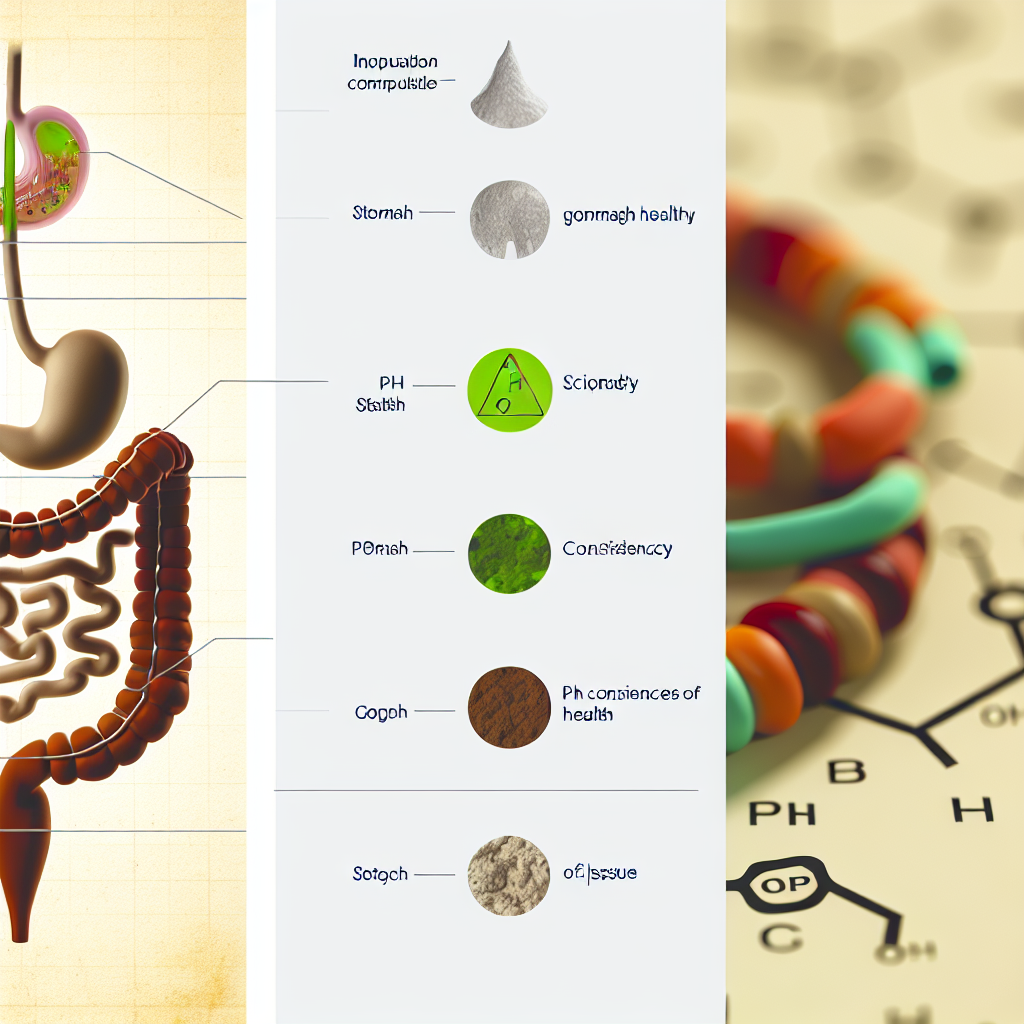Parkinson’s disease is a neurological condition that primarily impacts the motor system. Nevertheless, it can also induce non-motor symptoms, such as gastrointestinal issues.
Parkinson’s disease is a persistent and advancing disorder that impacts the central nervous system. Parkinson’s disease is a result of the progressive degeneration of neurons in the brain that produce dopamine. This degeneration leads to various motor symptoms, including tremors, stiffness, and bradykinesia.
The presence of these symptoms can impede the ability of individuals with Parkinson’s disease to do routine tasks, such as dressing or eating.
Parkinson’s disease can induce a range of non-motor symptoms, such as gastrointestinal issues, in addition to motor symptoms. These symptoms may encompass constipation, dysphagia, and nausea.
These symptoms can be especially troubling for individuals with Parkinson’s disease, as they might impair their capacity to consume and derive pleasure from eating, so adversely affecting their overall quality of life.
Treatment of Parkinson’s disease can induce gastrointestinal issues as an adverse reaction.
The exact mechanisms by which Parkinson’s disease leads to digestive issues are not well comprehended. However, it is believed to be associated with malfunctioning of the autonomic nerve system, which regulates numerous involuntary bodily activities, including digestion.
Furthermore, several drugs employed in the treatment of Parkinson’s disease can induce gastrointestinal issues as an adverse reaction.
Although Parkinson’s disease presents difficulties related to digestive issues, various treatments can effectively address and control these symptoms. These interventions may involve modifications to one’s diet and lifestyle, such as augmenting the consumption of fiber and fluids, engaging in regular physical activity, and using relaxing methods.
Furthermore, changing the medicine to reduce stomach issues may be required.
In general, although Parkinson’s disease mainly impacts the motor system, it is crucial to acknowledge that it can also lead to various non-motor symptoms, such as digestive issues.
Constipation is a prevalent issue among individuals diagnosed with Parkinson’s disease.
By comprehending and effectively handling these symptoms, individuals diagnosed with Parkinson’s disease can enhance their standard of living and sustain their autonomy for an extended period.
Indeed, gastrointestinal issues can serve as an initial indication of Parkinson’s disease. The prevalent gastrointestinal symptoms often linked to Parkinson’s disease encompass:
Constipation is a prevalent issue among individuals diagnosed with Parkinson’s disease. This occurs due to the decreased peristalsis in the gastrointestinal system, which results in the hardening of feces and subsequent difficulty in its passage.
Diarrhea can manifest in individuals diagnosed with Parkinson’s disease. This is frequently attributed to the medicine levodopa, which is commonly prescribed for treating the disease.
Individuals with Parkinson’s disease may have nausea and vomiting due to various circumstances, including constipation, pharmaceutical side effects, or gastroparesis (delayed stomach emptying).

Dominic E. is a passionate filmmaker navigating the exciting intersection of art and science. By day, he delves into the complexities of the human body as a full-time medical writer, meticulously translating intricate medical concepts into accessible and engaging narratives. By night, he explores the boundless realm of cinematic storytelling, crafting narratives that evoke emotion and challenge perspectives.
Film Student and Full-time Medical Writer for ContentVendor.com




